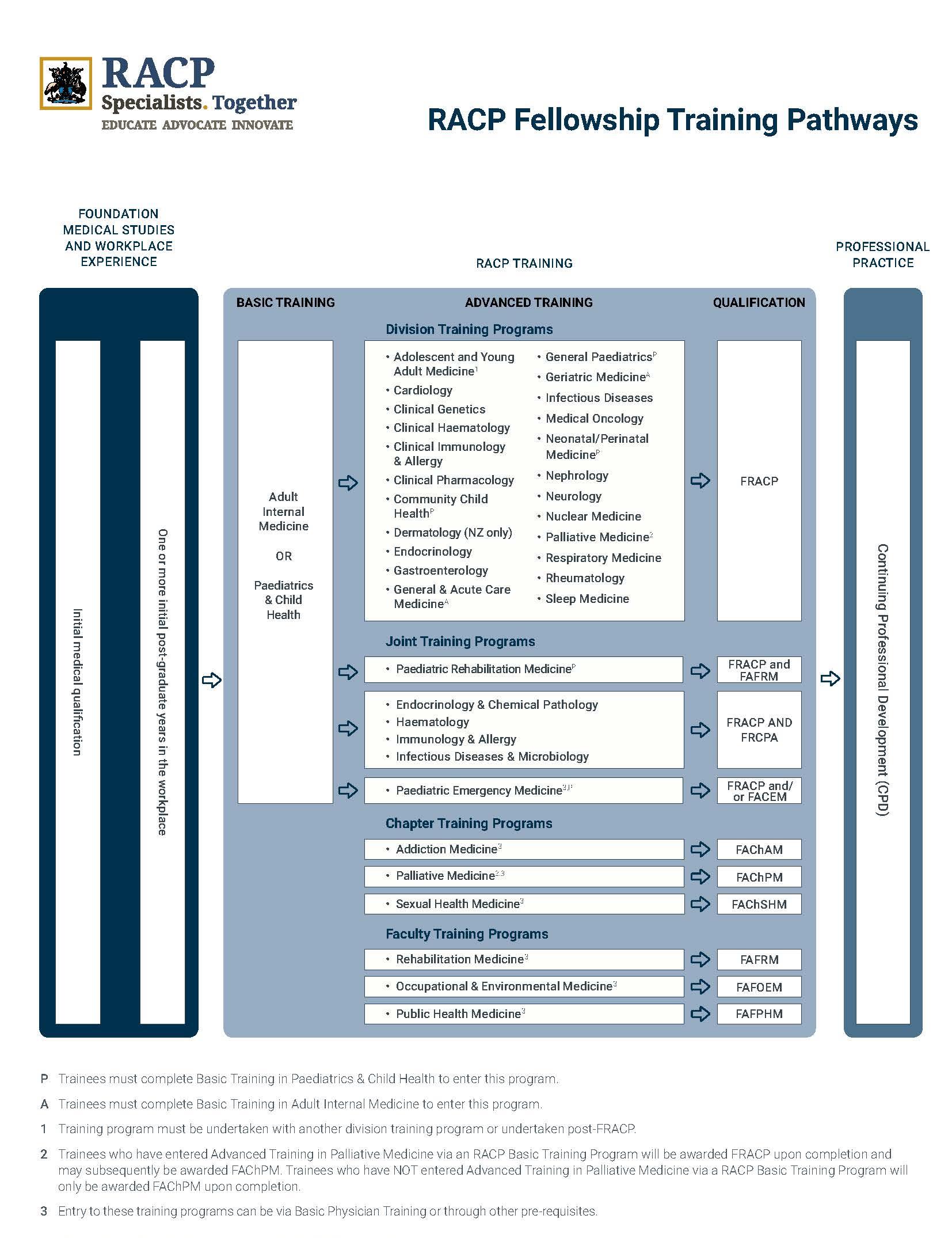Pathways Training Courses


Welcome to Pathways Training. Hello thanks for visiting Pathways Training. We are a flexible and friendly training provider who deliver a range of short courses. Izotope Trash 2 Pc. Get started on your Pathways Core Training with our Weekend Training! Register for your first training today at Pathways Core Training.
Pathway Training Course Descriptions for Individual Units Unit 1: Providing for Children’s Safety Providing for children’s safety is a major responsibility for all early education centers. Safety concerns range from accidents involving injury to emergency evacuation of the building. Safety concepts and issues need to be addressed by early education staff every day. Early education centers should have written policies regarding safety issues.
Early education staff must know the policies involving safety issues and be prepared to carry them out. Unit 2: Providing for Children’s Health Proper health practices are vital for children to be healthy.
Childhood is a time of growth in all areas of development. Healthy habits and attitudes formed in childhood often carry over into adulthood. Poor health habits in children can lead to problems ranging from minor to severe.
These problems include obesity, malnutrition, and lack of good health and the ability to fight infections. The early education teacher should promote healthy lifestyles. Unit 3: Providing an Environment for Learning Providing an appropriate environment for learning is essential for an early education program. Children need an environment which promotes learning, development in all areas, provides for easy supervision and observation, and is comfortable. The environment should also encourage independence and allow for choices. The environment should contain learning materials that promote development in the different areas. Environments which are age-appropriate and properly set-up will also help minimize behavior problems and make children feel secure and happy.
Unit 4: Child Growth & Development The development of a child is a complex process that begins with conception. Manytricks Witch Serial. Children experience many kinds of development from infancy to school-age. Not only do children develop physically, they also develop socially, emotionally, intellectually, and morally. Certain characteristics can describe the typical growth of a child in a specific age group.
Each individual child develops differently, but certain developmental skills generally occur within a specific age range. Caring for children successfully depends on understanding and applying basic concepts in child development. Unit 5: Ensuring Developmentally Appropriate Practice Developing and presenting activities is an important part of an early education teacher’s job. Children need a variety of activities to promote their physical, intellectual, social, and emotional growth. Activities must be developmentally appropriate, interesting to children, and allow hands-on learning. They should give children the opportunity to observe and explore.
Young children learn through play and activities must be fun for children. Activities should be adapted for children with special needs. Because of the importance of developmentally-appropriate activities, early education teachers must have much practice in developing them. Unit 6: Guiding Children Guiding children includes all of the actions that adults do to positively influence the behavior of children. The goal of guidance is for children to learn self-control and to behave in a socially acceptable manner. Guidance also ensures that the health and safety of the child is protected.
Early education teachers cannot compromise on guidance issues involving the health or safety of the child. Individuals must use the guidance techniques that work best for their specific facility. Guiding children takes time, patience, and understanding but to effectively guide children, the teacher must build a good relationship with the child and have a thorough understanding of child development and knowledge of positive guidance techniques. Unit 7: Involving Families and the Community Families and the community are vital resources to the success of an early education program. Early education providers must be proactive in involving families. Although not all families will have the time to be actively involved in the program, such as volunteering, they need to be involved in helping the early education center best meet the needs of their child.